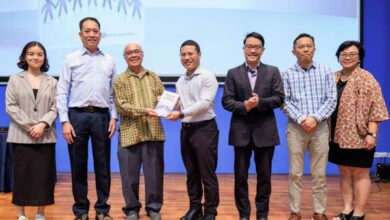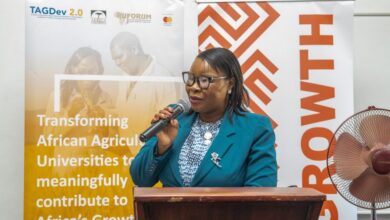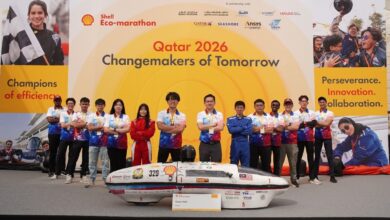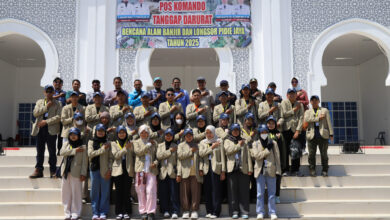UNAIR Lecturer Advocates for National Team Support as a Representation of Unity and Nationalism
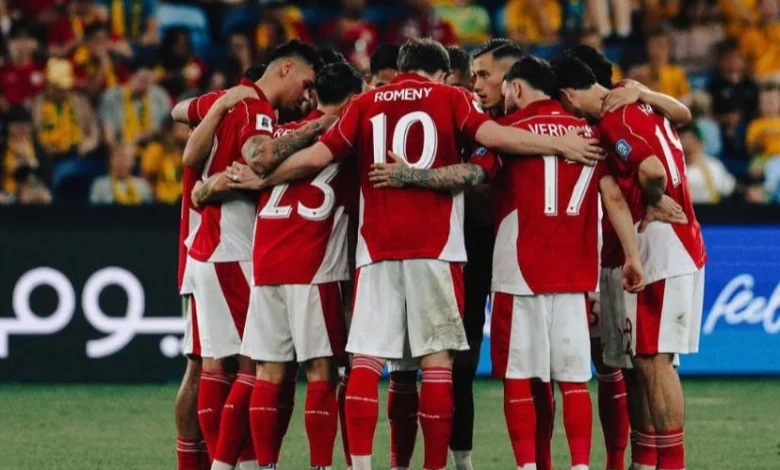
The Indonesian National Football Team is preparing for the third round of the 2026 FIFA World Cup Asian Qualifiers. The team aims to secure points in upcoming matches against Australia and Bahrain, scheduled for March 20 and March 25, 2025, to maintain hopes of participating in the tournament.
Support and Unity Among Fans
Support for the Garuda squad is reportedly strong, with fans rallying in stadiums and on social media. This collective enthusiasm is seen as a force for unity that enhances social cohesion and national identity.
Insights from Anthropology
Rizky Sugianto Putri, an Anthropology lecturer at Universitas Airlangga (UNAIR), provided insights into this phenomenon. While recognizing the positive aspects of fan support, she also noted potential negative consequences based on fan maturity. Putri remarked that while there is a collective aspiration for a world-class national team, it is important to consider whether supporters exhibit the maturity that matches this goal.
The Significance of Football in Indonesia
Football holds a special significance in Indonesia, often acting as a bridge across various social divides. Putri stated that the sport connects individuals from underprivileged backgrounds, urban and rural teenagers, and adults from diverse origins, making it a universal language.
Nationalism and Football Culture
Beyond serving as entertainment, Putri views Indonesian football as emblematic of nationalism, pride, and national identity. However, she warned against the risks of hyper-nationalism, which can lead to negative attitudes such as hate speech and racism directed at rival teams and their supporters.
Integrating Diaspora Players
The national team’s composition includes a rising number of diaspora players, a reflection of Indonesia’s status as the ASEAN country with the most migrant workers. Putri explained that the growing incidence of mixed marriages and individuals of Indonesian heritage could create opportunities for these players to gain naturalized status.
Looking Ahead
She emphasized that the integration of diaspora members should be seen as beneficial rather than threatening to the team’s future. Putri suggested that Indonesia should take lessons from more developed nations, avoiding a divisive narrative regarding ‘native-born’ versus ‘diaspora’ players.
Conclusion
In conclusion, Putri expressed hope that with strategic support and a unified fan base functioning as the twelfth player, the Indonesian National Team could achieve notable success on the international stage. She remarked that collaborative efforts might lead to Indonesia’s debut at the World Cup.
Source: Mohammad Adif Albarado, UNAIR

